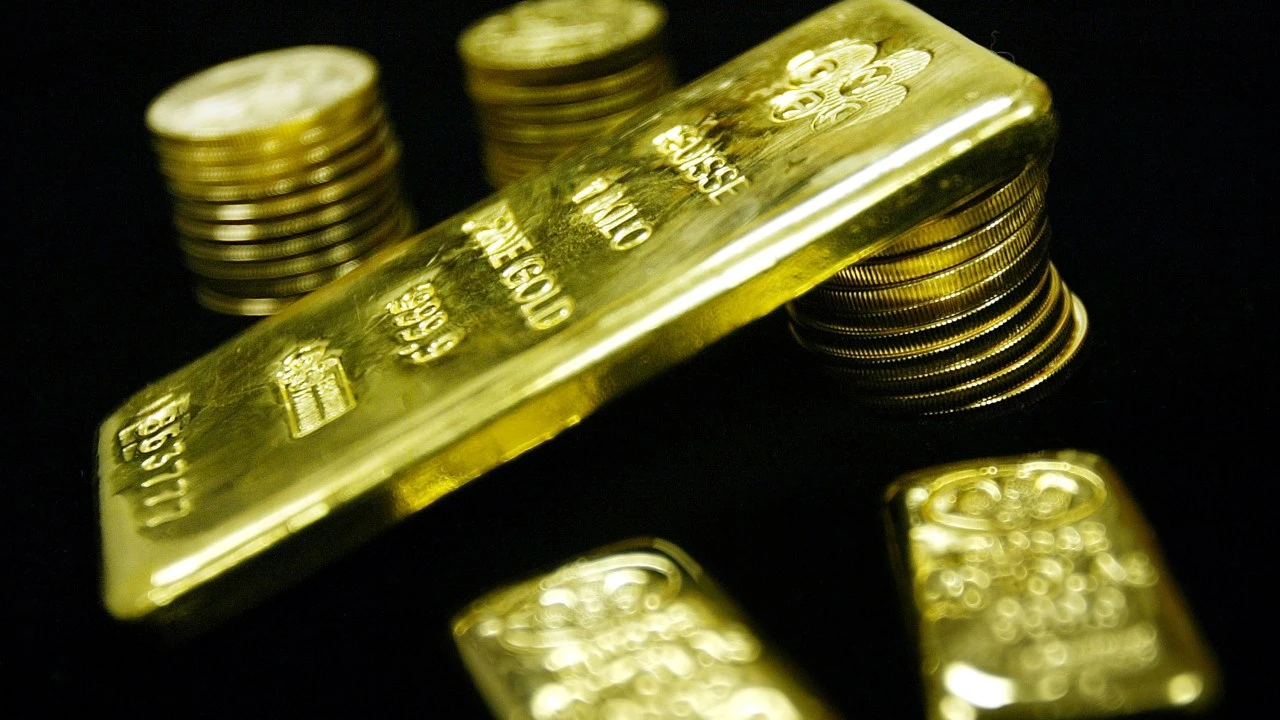A leading commodities analyst has named gold as a vital investment with an “extremely bright future” as markets plummet in reaction to United States President Donald Trump’s trade war.
The ANZ 200 has yo-yoed over the past week and a half, ultimately ending down 3.6 per cent on Friday following the US President’s “Liberation Day’ announcements.
US markets have behaved similarly, as growing fears of a global recession spook investors.
However, ANZ’s senior commodities analyst Daniel Hynes pointed to an investment that has only soared in recent weeks.
“Gold has an extremely bright future,” Mr Hynes told Sky News Business Now.
Gold has hit record highs since President Trump began announcing his trade policies.
Over about three months, the valuable commodity has soared from about $4,300 per ounce to more than $5,000.
Mr Hynes pointed to market volatility and a cautious attitude amongst investors that have resulted in “quite a boom for investor demand in gold”.
“We’ll start to see even further inflows, particularly on the physical side, as this crisis develops,” he said.
“We expect, even though gold’s hitting record highs at the moment, to truly extend that rally for the course of this year.”
Markets in Australia dropped on Friday after the Trump Administration confirmed the total tariff on China was actually 145 per cent, not the previously reported 125 per cent figure.
The higher figure comes from a fentanyl-related tariff the President had previously placed on China.
This follows markets soaring on Thursday after President Trump temporarily paused tariffs on other nations for 90 days to allow time for negotiations.
Just hours before revealing this and only minutes after markets opened on Wednesday (US time), the US President took to Truth Social with a message.
“THIS IS A GREAT TIME TO BUY!!! DJT” he wrote.
The move sparked concerns from many around the globe, including the Australian Shareholders’ Association chief executive Rachel Waterhouse, who doubted similar measures would be implemented in Australia.
“I think here (politicians) try to stay very separate from the markets,” Ms Waterhouse told Business Now.
“They leave that alone, there are codes of conduct, there is disclosure even on their portfolios.
“This does raise questions around ethics, it raises questions around the ethics of the negotiation tactics, but also – can the president of a country potentially be buying stocks, making announcements and buying stocks and gaining?”


